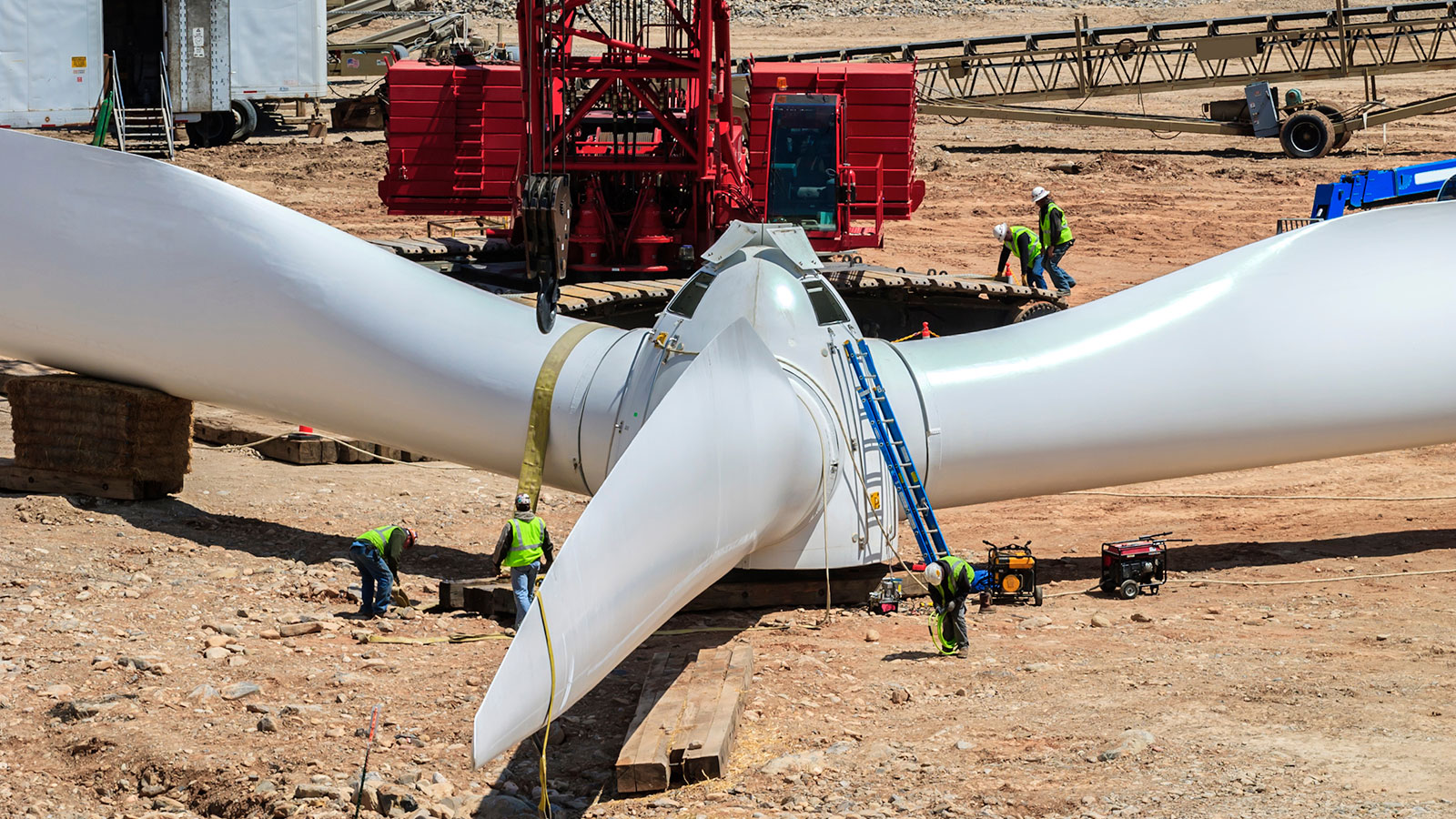Global renewable electricity capacity expanded by more than 50% in 2023, representing the biggest expansion in the past three decades.
This rapid growth, detailed in the International Energy Agency’s (IEA) latest report “Renewables 2023,” hints at a potential to meet the ambitious goal of tripling global capacity by 2030 set at the COP28 climate change conference.
According to the report, renewable energy capacity, including a significant contribution from solar PV, grew by 50% in 2023, reaching nearly 510 GW. This growth was predominantly driven by China, which alone commissioned as much solar PV in 2023 as the entire world did in 2022. Additionally, China saw a 66% increase in wind power. Europe, the United States, and Brazil also recorded their highest ever increases in renewable energy capacity.
This comprehensive analysis, following the COP28 conference in Dubai, anticipates global renewable power capacity reaching 7,300 GW from 2023 to 2028. Solar PV and wind will be pivotal in this expansion, accounting for 95% of the growth. Notably, renewables are expected to surpass coal as the primary global electricity source by early 2025. However, to achieve the tripling capacity target by 2030, further efforts are necessary.
Fatih Birol, IEA Executive Director, commented, “Global renewable capacity is projected to increase two-and-a-half times by 2030 under current policies and market conditions. While this is significant, it falls short of the COP28 goal. Governments have the tools to bridge this gap.”
He highlighted the cost-effectiveness of onshore wind and solar PV compared to new and existing fossil fuel plants. However, Birol emphasised challenges, particularly in financing and deployment of renewables in emerging and developing economies, which are crucial for meeting the tripling goal.
Dr. Birol further stated, “This report marks the beginning of the IEA’s ongoing analysis of COP28’s energy outcomes, focusing on five pillars: tripling renewables, doubling energy efficiency, cutting methane emissions, transitioning from fossil fuels, and scaling up financing for emerging and developing economies. We will monitor closely whether countries fulfil their commitments and implement the necessary policies.”
Future challenges for renewable energy growth
A report by the Climate Group released shortly after COP28 detailed many of the challenges that face the renewable energy sector, and how they could threaten the goal of tripling renewable energy capacity by 2030.
The challenges highlighted in that report focused on common policy gaps that are impeding the rollout of renewable energy in key G20 economies, something the IEA has also noted in its report – with a push for faster policy implementation having the potential to push renewable power capacity growth 21% higher than the current forecast, aligning with the global pledge to triple renewables by 2030.
For emerging and developing economies, the challenges are less about the policy barriers and more about the access to finance and strong governance, both of which are vital for attracting investment.
As it stands, developed economies are far ahead of developing economies when it comes to the installation of renewable capacity. In fact, 90% of the renewables installed in 2023 comes from G20 countries, and that’s unlikely to change anytime soon.
The report believes that the United States, the European Union, India, and Brazil will see solar PV and onshore wind deployment more than double through 2028 compared to the last five years.
How is the UK faring in the global race to install renewable energy?
The UK has been consistently praised for its growing reliance on renewable electricity generation, with the nation having the largest fleet of offshore wind farms in the world. However, given the growth in renewables in China and recent policy decisions in the UK, such as the disastrous CfD Auction results that were announced in September and new North Sea oil and gas licences, the UK faces a real risk of losing its lead.
Given the growth of renewables in Asia, it could be time for the UK Government to heed the calls of the International Energy Agency and seek a more robust policy towards the development of renewables, rather than what we’ve seen in recent months – a watering down of the UK’s ambitions.

